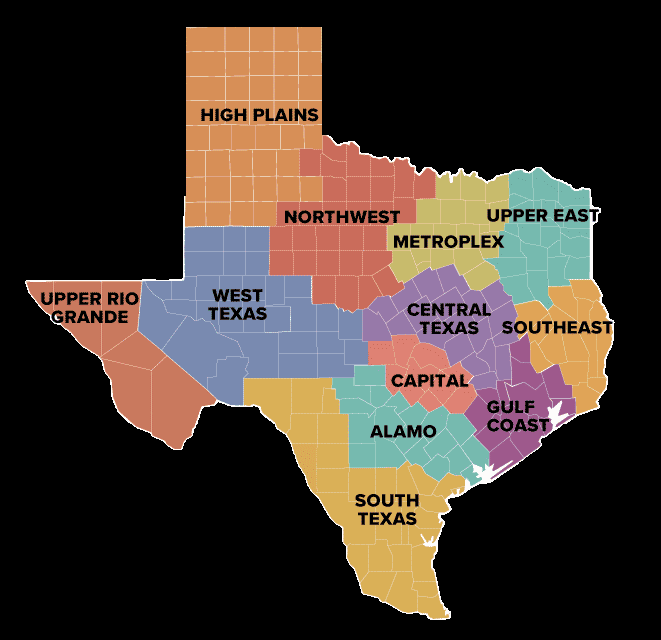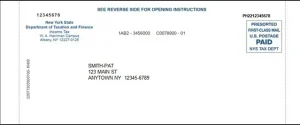Texas bans minors from viewing online pornography, Supreme Court supports

On the 27th, the Supreme Court supported a Texas law that prohibits minors under the age of 18 from watching pornographic content online. The lawsuit was filed by the Free Speech Coalition, an adult entertainment industry organization. The Supreme Court voted 6 to 3 to support the Texas legislation.
At a time when devices such as smartphones make it easier to access online pornographic content, nearly half of the states in the United States have passed laws similar to Texas, requiring adult website users to verify their age before accessing pornographic content.
The majority opinion written by Justice Clarence Thomas believes that the legal measure does not seriously restrict the freedom of speech of adults. “Adults have the right to provide obscene speech only to minors, and adults are not given the right to evade age verification by the First Amendment.”
Justice Elena Kagan wrote in a dissenting opinion that the court should use a higher legal standard to measure whether the law poses a problem of freedom of speech.
Texas Republican Attorney General Ken Paxton welcomed the ruling, saying, “Companies have no right to expose children to pornography and must put in place reasonable age verification measures.” The National Center on Sexual Exploitation believes the ruling could lead to more states passing similar laws.
While the Free Speech Coalition agrees that children should not view pornography, the organization said the Texas law places an unfair burden on free speech by requiring adults to submit personal information that could be vulnerable to hacking or tracking.
The age verification requirement applies to websites that contain a certain amount of pornography, not search engines or social media sites that can be used to find pornography.
Samir Jain, vice president of policy at the nonprofit Center for Democracy & Technology, said the age verification requirement raises serious privacy and free speech issues. The Supreme Court’s ruling “overturns decades of precedent and threatens to subvert everyone’s right to access First Amendment-protected speech online.”
![]()




